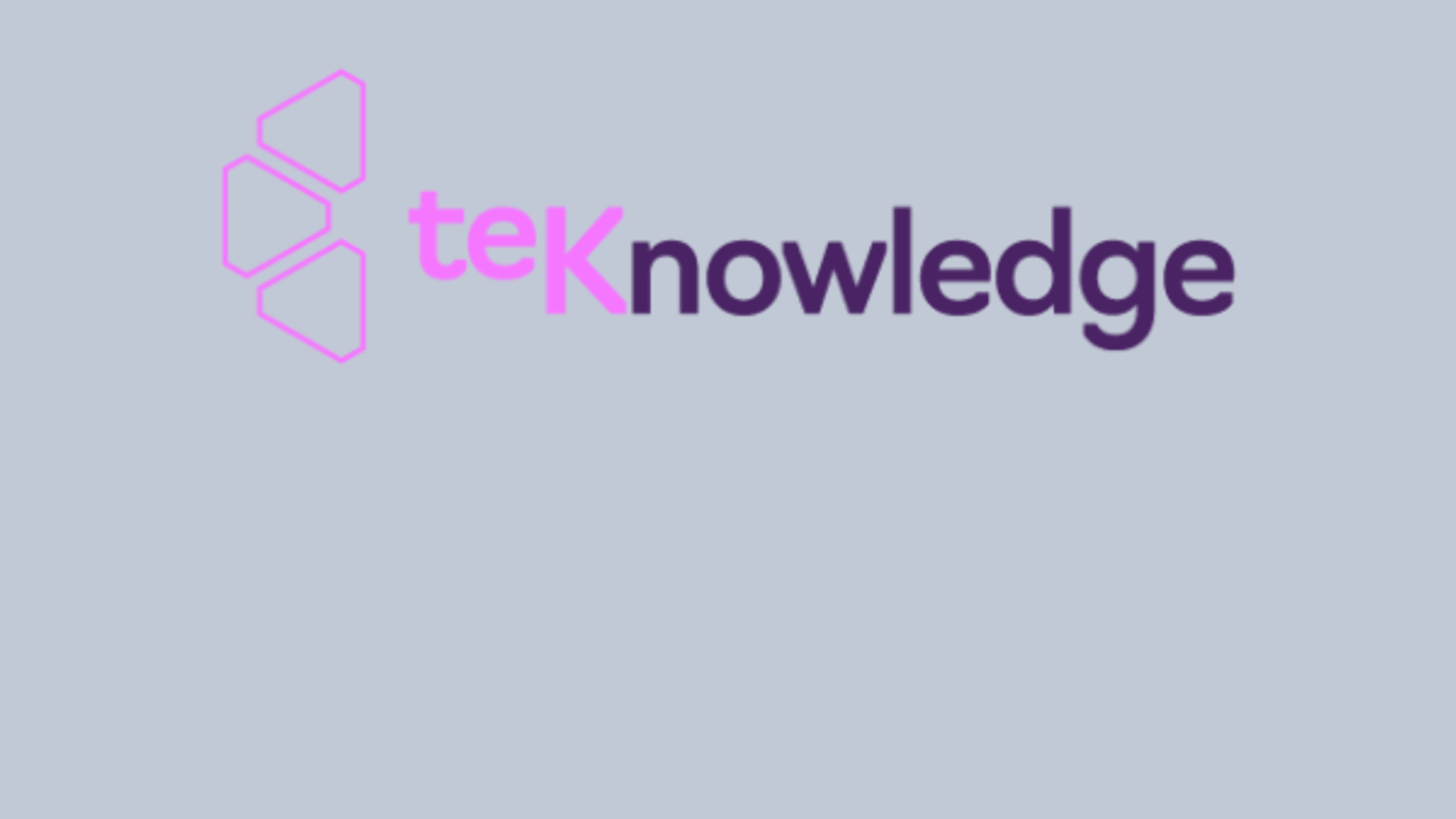In an opinion piece published on Thursday in The Washington Post, Altman outlined a four-point strategy to strengthen US leadership in AI: putting safety measures in place, developing infrastructure, controlling exports of AI-related goods, and creating a worldwide community.
What made Altman’s idea noteworthy, though, was the way he emphasised how open-source AI models would help America maintain its lead in the sector.
“Making sure open-sourced models are readily available to developers in those nations will further bolster our advantage,” Altman stated. “The challenge of who will lead on AI is not just about exporting technology, it’s about exporting the values that the technology upholds.”
After Altman departed the board of the ChatGPT manufacturer in 2018, Musk has frequently attacked Altman’s leadership. Due to Altman’s belief that OpenAI’s systems aren’t as transparent as they ought to be, Musk has been severely criticising him.
“OpenAI was created as an open source (which is why I named it ‘Open’ AI), non-profit company to serve as a counterweight to Google, but now it has become a closed source, maximum-profit company effectively controlled by Microsoft,” Musk wrote in a post on X in February 2023.
“Not at all what I had in mind,” he continued.
In February of this year, Musk sued OpenAI, claiming that the company’s partnership with Microsoft violated its nonprofit mandate. Later, in June, he withdrawn his case.
Indeed, Musk isn’t quite convinced about how transparent AI models should be. The head of Tesla and xAI seems to concur in private conversations with Ilya Sutskever, the former top scientist of OpenAI, that openness should have boundaries.
“It will make sense to start being less open as we get closer to building AI,” Sutskever wrote in a January 2016 email to Musk.
“The Open in OpenAI means that everyone should benefit from the fruits of AI after its built, but it’s totally OK to not share the science (even though sharing everything is definitely the right strategy in the short and possibly medium term for recruitment purposes),” Sutskever went on to say.
Yes, Musk answered.
Requests for comment from Business Insider submitted outside of regular business hours were not immediately answered by representatives for Altman or Musk.
Given that Altman acknowledges that open-source AI may be the direction the industry is going, Musk may not view his stance on the topic as a mea culpa as much.
The CEO of Meta, Mark Zuckerberg, introduced Llama 3.1, the most recent AI model from his company, on Tuesday. The model is open source and freely usable by the general public. Meta claims that it can outperform OpenAI’s GPT-4o. “I think open source is essential for a bright future in AI,” Zuckerberg stated in a blog post that same day.
“The safety of open source AI models is a topic of continuing discussion, and in my opinion, open source AI will be safer than the alternatives. Because open source will increase prosperity and safety worldwide, I believe governments will come to the conclusion that it is in their best interests to embrace it,” stated Zuckerberg.


